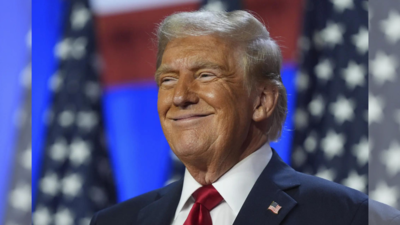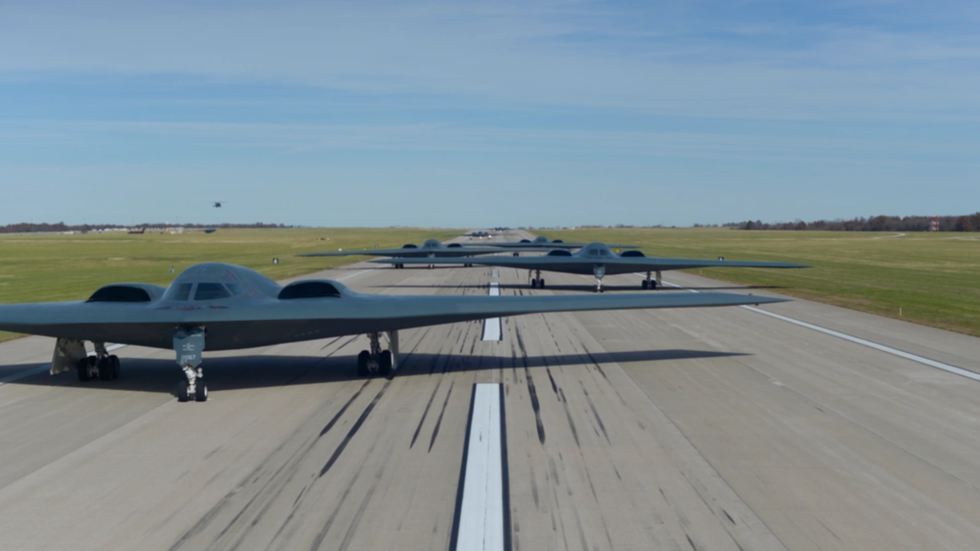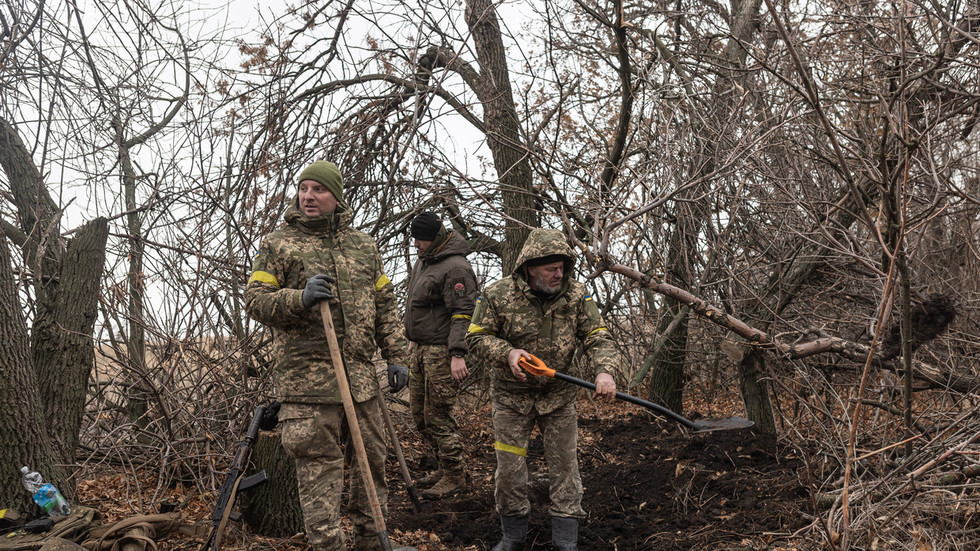
File photo: US President-elect Donald Trump (Picture credit: AP)
In a historic campaign that helped secure his return to the White House, Donald Trump harnessed the power of alternative media, particularly podcasts, to reach untapped audiences.
The strategy proved to be a game-changer, appealing to young men and independent voters, key demographics in his 2024 victory. This shift from traditional media channels to digital platforms showcased the evolving landscape of political communication.
Podcasters take centre stage
On election night,
UFC CEO Dana White
gave a surprising nod to Trump’s podcast allies, thanking names like the Nelk Boys, Adin Ross, Theo Von, Bussin’ With The Boys, and Joe Rogan. White described these influencers as instrumental in connecting Trump with younger voters.
Notably, Trump’s interviews on these platforms were a stark departure from traditional political interviews. Instead of adversarial questioning, these podcasts allowed for informal, often personal conversations, aligning with Trump’s unfiltered, conversational style.
As per The Conversation, Trump’s appearances on over 14 major podcasts, including "The Joe Rogan Experience" and "Full Send," amassed millions of views across platforms. By forgoing mainstream networks, Trump not only avoided hostile press but also cemented his influence among the predominantly male audience of these shows.
New era of political messaging
One standout initiative, Send the Vote, spearheaded by the Nelk Boys, showcased the political potential of
influencer-led campaigns
. With a $20 million budget, this nonpartisan effort targeted inactive male voters aged 18-34, reaching millions through social media, podcasts, and even campus events.
According to Fox News Digital, over 210,000 first-time voters were reportedly inspired to cast their ballots.
Trump’s podcast strategy also aligned with the broader shift in media consumption habits.
According to The Conversation, the format’s friendly tone and extended run times allowed candidates to delve into personal stories, resonating deeply with listeners. In one notable interview, Trump joined Theo Von in a candid discussion on personal struggles, reflecting a level of empathy rarely seen in traditional interviews.
Harris and the missed opportunity
In contrast, Kamala Harris, the Democratic candidate, took a more cautious approach. While she appeared on prominent podcasts such as Call Her Daddy and Club Shay Shay, her team avoided platforms like Joe Rogan’s, fearing potential backlash. This reluctance arguably left an opening for Trump to dominate the podcasting sphere.
Harris’s strategy lacked the same direct connection to politically diverse audiences, a gap that Trump capitalised on effectively.
Role of Rogan and others
Joe Rogan’s endorsement of Trump ahead of the election was a pivotal moment. Hosting the former president for a three-hour interview, Rogan’s platform amplified Trump’s message to his 14.5 million Spotify followers. The endorsement not only boosted Trump’s standing but also showcased the growing influence of podcasts in shaping public opinion.
Harris’s decision to decline an appearance on Rogan’s show, coupled with her limited engagement with other influential podcasts, left her campaign vulnerable.
Engaging with diverse media platforms could have added depth to her outreach, potentially narrowing the gap with younger male voters.
Trump’s 2024 campaign marked a turning point in political communication, with podcasts emerging as a dominant medium. While critics caution against the lack of scrutiny in such interviews, their reach and impact are undeniable.

 3 weeks ago
8
3 weeks ago
8









